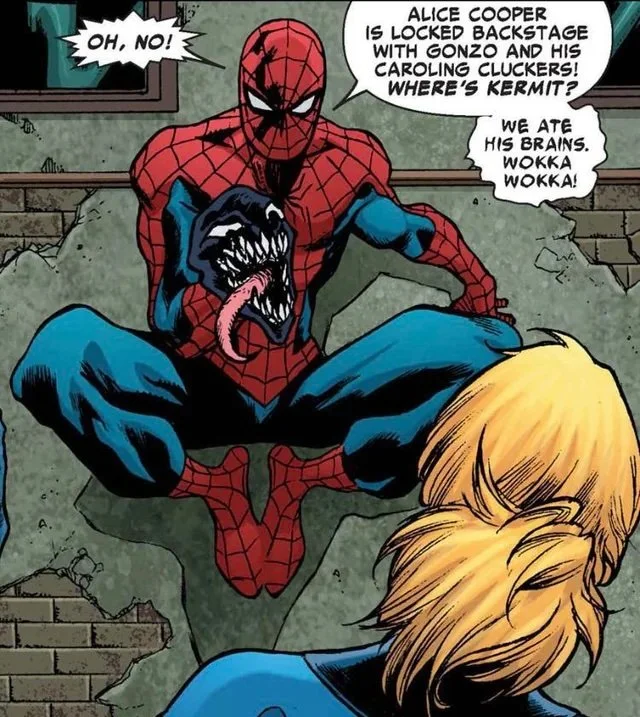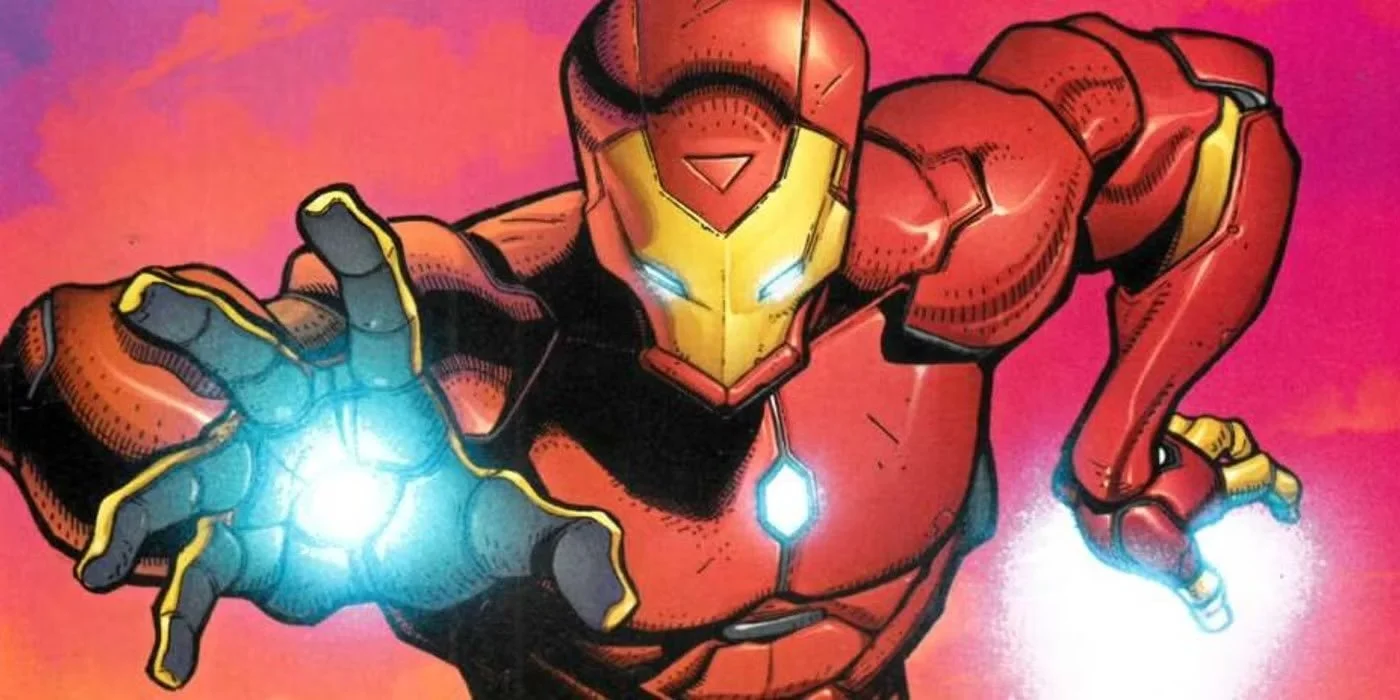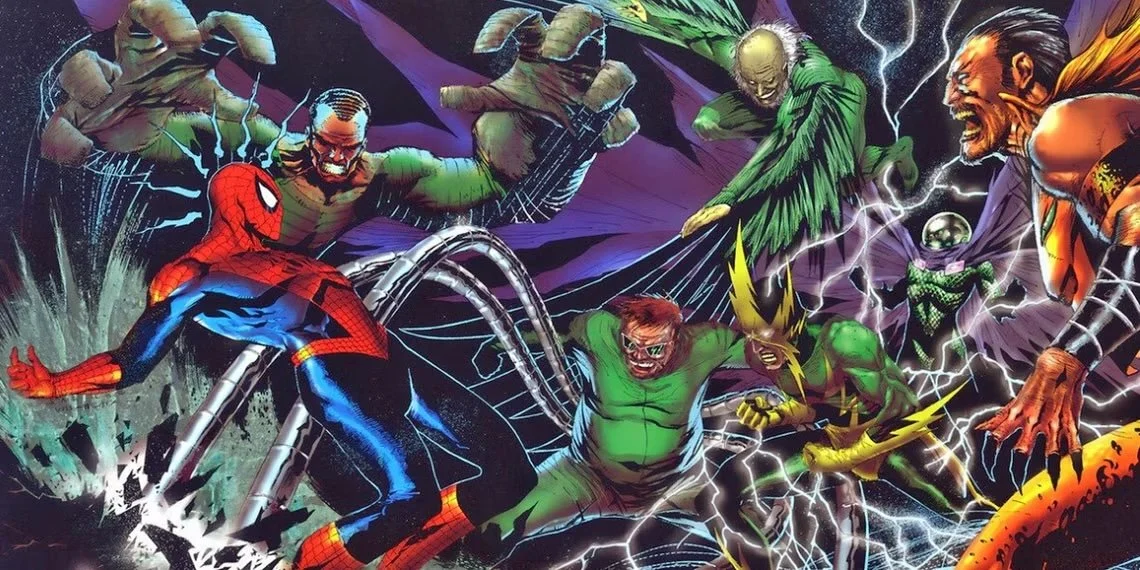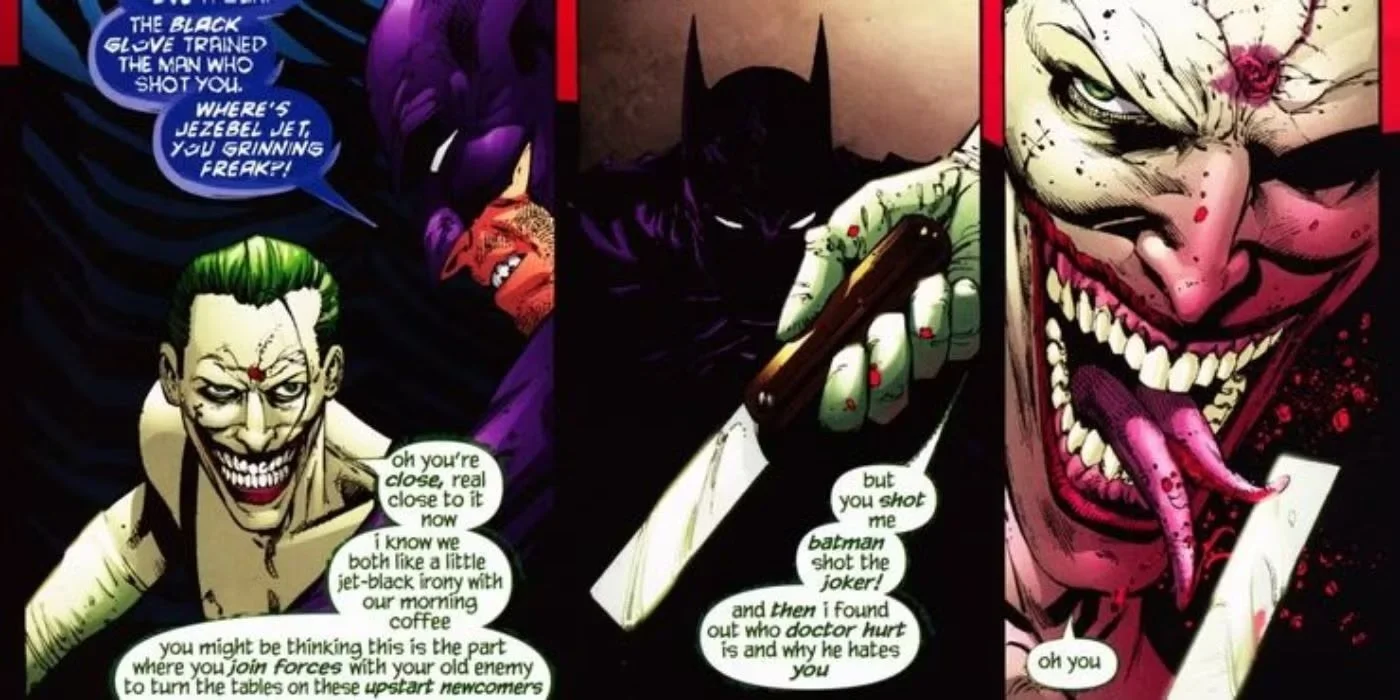Behind the Mask, Behind the Laugh: Superheroes and the Psychology of Humor
Superhero comics have long used humor as a tool to shape their characters, build fan connections, and explore deeper psychological themes. From Spider-Man’s quips to Deadpool’s relentless fourth-wall-breaking meta-commentary, humor has often served as more than just comic relief—it’s a coping mechanism, a weapon, and, at times, a mask for trauma.
1. Humor as a Defense Mechanism in Superheroes
Many superheroes employ humor not just for laughs but as a psychological shield against trauma, guilt, or existential dread. This is rooted in real-world psychology—humor is a recognized defense mechanism that allows individuals to reframe pain in a way that makes it manageable. In comics, this manifests in heroes who joke through their darkest moments, creating a powerful contrast between their internal struggles and their outward bravado.
Notable Examples:
Spider-Man (Peter Parker) – One of the most famous users of humor in superhero comics. Peter’s quips during battle serve multiple functions: distracting foes, covering his own fears, and reinforcing his personal resilience in the face of overwhelming odds. His humor is often tinged with insecurity, stemming from his guilt over Uncle Ben’s death and his struggle to balance heroism with personal life.
Deadpool (Wade Wilson) – Unlike Spider-Man, Deadpool’s humor is excessive, erratic, and self-destructive. His relentless wisecracking isn't just a personality trait—it’s a symptom of his trauma and fragmented psyche. The fourth-wall-breaking and absurdism of Deadpool’s humor highlight his inability (or refusal) to fully process his past, especially his time as a test subject in the Weapon X program.
The Flash (Wally West) – Wally's humor serves as a means of keeping himself grounded and making light of the pressures of being a hero. Unlike Barry Allen, who was more straight-laced, Wally’s humor added layers to his relatability, making him the ‘fun’ Flash while still dealing with heavy themes like legacy and self-worth.
Iron Man (Tony Stark) – Tony’s sarcastic wit and devil-may-care attitude hide deep-seated issues, including addiction, self-destructive tendencies, and guilt. His humor is often used as a smokescreen, allowing him to deflect emotional vulnerability.
2. Humor as a Weapon: Psychological Warfare
For some heroes, humor isn't just a coping mechanism—it’s an active battle strategy. Verbal taunting and quips serve to frustrate and unbalance opponents, forcing them into making mistakes. This is particularly useful for heroes who lack raw power but make up for it with wit.
Example:
Spider-Man vs. The Sinister Six – Spidey frequently uses humor to enrage his enemies, throwing them off their game. Villains like Doctor Octopus or The Green Goblin, who rely on calculated strategies, often fall victim to their own anger when Spider-Man needles them with jokes.
Deadpool vs. Serious Villains – Deadpool’s unpredictable humor confuses opponents who expect a traditional battle. His erratic behavior makes him an impossible target to predict, which gives him an edge.
3. The Dark Side of Humor: When It Becomes a Crutch
Not all humor in superhero comics is healthy. When used excessively, it can mask serious underlying issues—something that many of the best-written superheroes struggle with.
Iron Man's Deflection – Tony Stark often turns to humor when dealing with trauma, but in stories like Demon in a Bottle, his alcoholism and self-loathing are laid bare, revealing that his humor is a thin veneer over deep emotional scars.
Deadpool's Denial – Wade Wilson's comedic antics and self-aware jokes are a double-edged sword. He uses humor to suppress his PTSD and depression, but unlike other heroes, he lacks the ability to "turn it off." His humor is a sign of psychological distress rather than a sign of confidence.
The Joker’s Humor – The Joker represents the terrifying extreme of humor in comics. He weaponizes laughter to inflict chaos, twisting the concept of comedy into something violent and sadistic. His unpredictability, rooted in an understanding that life is absurd and meaningless, serves as a chilling contrast to the heroes who use humor as a lifeline.
4. Standout Superhero Who Excelled at Using Humor
Spider-Man (Peter Parker) While many superheroes use humor, Spider-Man stands as the most enduring and psychologically rich example of a hero who uses humor as both a coping mechanism and a strategic tool.
His humor isn't just for fun—it helps him deal with the immense pressure of being a hero, the death of Uncle Ben, and the many personal sacrifices he makes.
Writers have explored this deeply, showing moments where Peter’s humor cracks, revealing the emotional weight he carries.
Unlike Deadpool or Iron Man, Peter’s humor is hopeful—it reassures him and those around him that he can endure whatever challenges come his way.
Humor as a Double-Edged Sword
Superheroes use humor for many reasons—to inspire, to deflect, to taunt, and to survive. But at its core, humor in comics often reflects something deeper: a way to wrestle with the chaos of life. Whether it’s Spider-Man cracking wise as he dodges bullets or Iron Man masking his pain with a smirk, superhero humor isn't just about making readers laugh—it's about showing how these larger-than-life figures process their pain.
Would you like a deeper dive into any specific hero’s use of humor or how it has evolved over different eras of comic storytelling?







